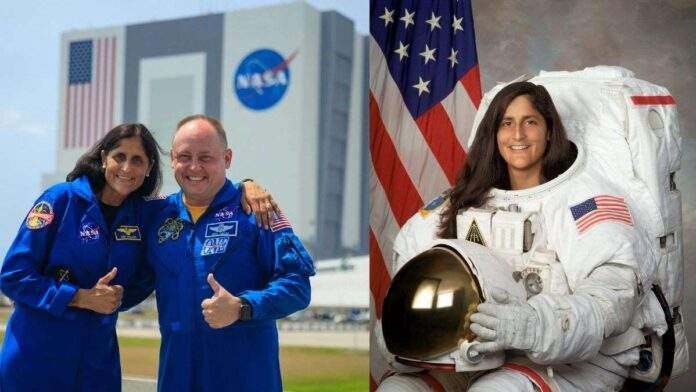NASA has expressed significant concern regarding the health of astronauts currently on an extended mission, specifically focusing on the potential loss of body mass. The team, which includes veteran astronaut Sunita Williams, faces health risks associated with prolonged space travel.
NASA officials have highlighted the growing concern over the health of astronauts on a prolonged mission, particularly the loss of body mass among crew members. This issue has gained prominence as astronauts, including the experienced Sunita Williams, endure extended stays in space, raising critical health and safety questions.
Prolonged space missions pose several health challenges to astronauts, with muscle atrophy and bone density loss being primary concerns. The microgravity environment of space leads to a reduction in mechanical loading on bones and muscles, resulting in significant physical deterioration over time. NASA’s medical team is vigilant in monitoring these effects, implementing various countermeasures to mitigate the risks.
The primary focus is on maintaining the astronauts’ health through rigorous exercise regimens and nutritional support. Astronauts are required to engage in daily physical activities designed to mimic the resistance and impact of gravity, helping to sustain muscle mass and bone density. Despite these efforts, the physical toll of extended space missions remains a pressing issue.
Sunita Williams, a seasoned astronaut with extensive experience, is part of the current mission facing these challenges. Her participation underscores the gravity of the situation, as her health and that of her colleagues are closely observed. NASA has not disclosed specific details regarding the individual health metrics of the astronauts but emphasizes the importance of continuous monitoring and adaptation of health protocols.
NASA’s research into the effects of long-term space travel has broader implications for future missions, particularly those aimed at Mars and beyond. Understanding and addressing the health risks associated with prolonged space travel is crucial for the success of these ambitious endeavors. The insights gained from current missions will inform the development of more effective health maintenance strategies for astronauts on future deep space missions.
The health of astronauts on extended missions remains a critical concern for NASA. The agency is committed to ensuring the well-being of its crew through rigorous monitoring and innovative health protocols. As the space agency prepares for future long-duration missions, the lessons learned from current challenges will play a pivotal role in safeguarding the health of astronauts venturing further into the cosmos.



